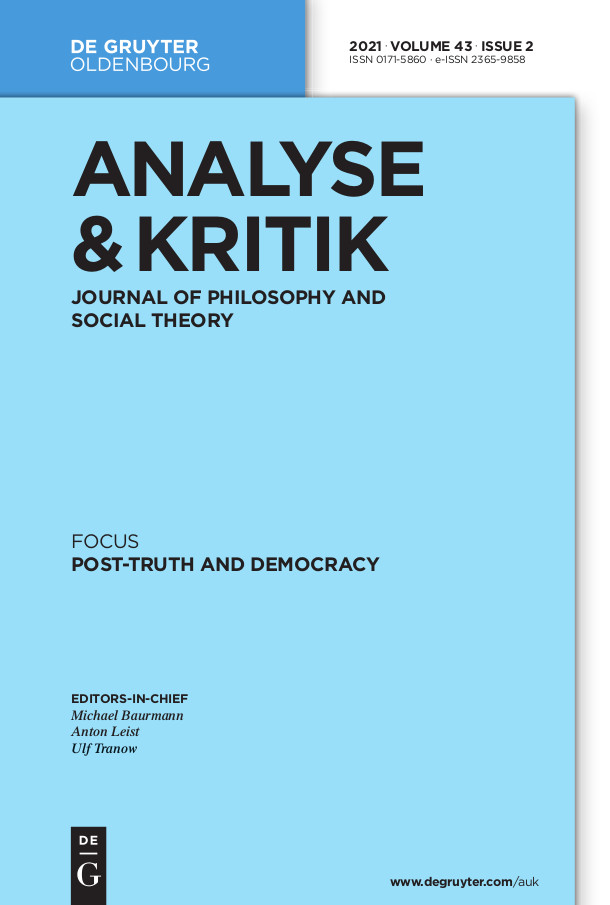Suchergebnisse
"Steve Bruce"
Titel: An Empirical Critique of Re-Sacralisation
Autor: Steve Bruce
Seite: 145-161
This article examines the evidence that largely secular societies are experiencing a process of re-sacralisation. It first dismisses four diversions: taking examples from societies that have never been secular; exaggerating the demographics and religiosity of migrant minorities; missing the fact that religious institutions can only hope to have public influence if they can make a secular case for their preferences; and mistaking notoriety for popularity. It then shows that adherence to Christianity continues to decline apace as does specifically Christian belief. None of the candidates for replacement - non-Christian religions, new religious movements and alternative spirituality - has come at all close to filling the gap left by the Christian churches. Furthermore there is no evidence that governments wish to reverse the standard accommodation to religious diversity and secularity: anything in private; little or nothing in the public sphere. There is no evidence that the population at large wishes it were otherwise. On the contrary. As religion has become more controversial, religion enjoying public influence has, like religion itself, become less, not more popular. Finally, the article argues that the current scarcity of religious people, and the unusual characteristics of those who remain religious, make it ever less likely that there will be a religious revival. So that sufficient detail can be presented, the argument concentrates on the United Kingdom.
Titel: Comment on Steve Bruce. An Empirical Critique of Re-Sacralisation
Autor: Melanie Reddig
Seite: 163-169
In his paper Bruce gives the impression that all proponents of the re-sacralisation thesis expect the comeback of religion in Western Europe. But this is not the case. The re-sacralisation thesis concentrates on religious developments beyond the West. Bruce rejects approaches that discuss the classical secularisation thesis with regard to worldwide developments. However, the examination of worldwide developments reveals that religion and modernity can be intertwined in multiple ways. All in all, Bruce’s argumentation could be extended to the discussion of factors that can explain the decline as well as the rise of religion in different regions of the world. Moreover, the way in which modern individuals believe and express their faith could be discussed.

Focus: Post-truth and Democracy
2021 (43) Heft 2
Editorial
The concept of ‘post-truth’ has existed for a while, but after the Oxford dictionary named it ‘word of the year’ in 2016, it has permeated public and academic debates. Since then, it has become synonymous with the populist threat to the liberal-democratic order. The concept points to the impression that we are entering an age of decay in which the achievements of modernity—objectivity, science, rationality, and democracy—are being gradually replaced by emotionality, agnotology, irrat...